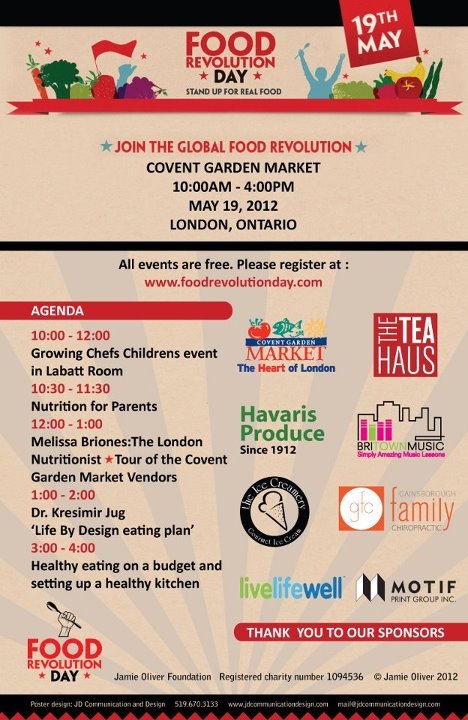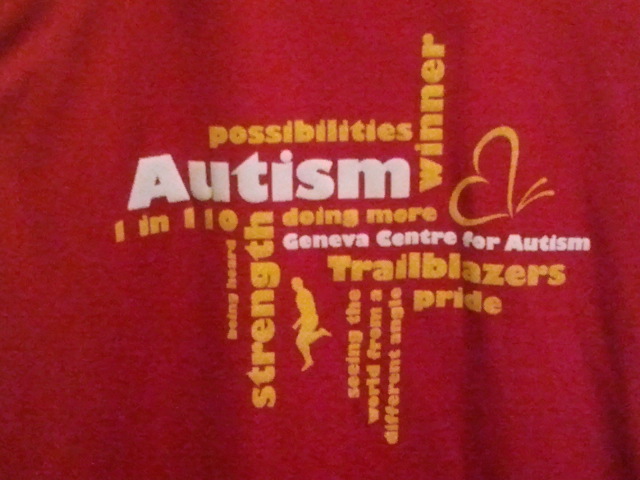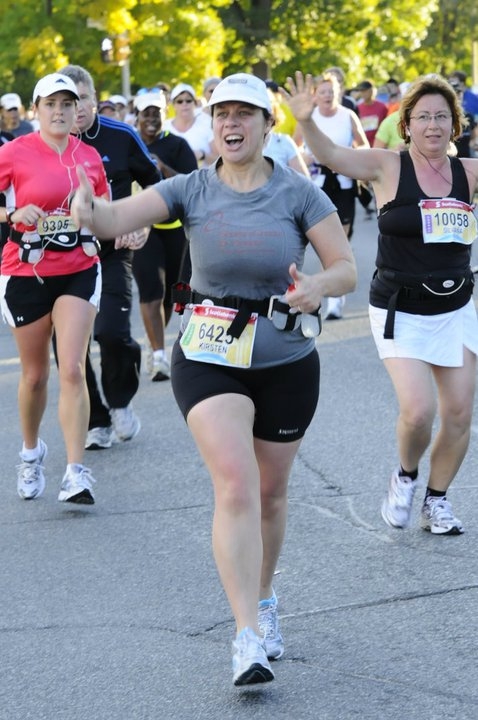I am participating in the 2012 Wordcount Blogathon, which means one post every day for the month of May.
Today’s story starts with Megan, the 15-year-old daughter of my friend Michelle.
In many respects, Megan is a typical teenage girl. There are celebrities she loves and those she cannot bear the thought of. She enjoys going to the movies, has dreams about the future, and when the time comes, she would like to wear a pretty dress to her senior prom.
Except that if things don’t change for Megan soon, there may not be a senior prom. Because in order to go to senior prom, you have to go to high school. And Megan is too sick to go to school.
When Megan started experiencing severe dizziness a couple of years ago, her mom took her to a string of doctors who were not able to identify the cause. Even a week of tests in hospital did not reveal why this young girl was so off-kilter that she had to rely on a wheelchair.
The dizziness was not Megan’s only problem. She had a prolonged bout of respiratory illness, her periods were problematic from the very first day, and she became unable to sleep for more than two or three hours a night, in spite of being constantly exhausted.
Eventually, doctors were able to determine that Megan had Fatty Liver Disease. It became clear to her mom, Michelle, that poor nutritional choices had led to this outcome.
But Michelle, who has endured a lot of hardship in her life, is not one to be beaten down. Instead of simply accepting Megan’s condition, she decided to do something about it, not only for her own family, but for her entire community. She started by setting up a Facebook group for people suffering from Fatty Liver Disease.
Then she started making radical changes to her own and her daughter’s lifestyles.
While Michelle acknowledges her role in making less-than-ideal food choices for Megan, she points out that many parents simply do not understand the implications of the foods that they and their families consume. As a society, we are so caught-up in healthy-sounding labels like sugar-free this-thing or low-fat that-thing.
There is no denying the fact that food manufacturers hire very smart marketing companies who can successfully deceive entire segments of the population into believing that something is good for you when it’s actually leading you to an earlier grave.
Michelle decided that it was time for this to change, and so she has spearheaded the organization of an event in her community that will teach children and adults about healthy eating habits in a fun and engaging way. The Jamie Oliver Food Revolution Day is a global event being held in communities everywhere on Saturday, May 19th.
Michelle is organizing the event in London, Ontario. This day promises to provide entertainment and enlightenment for the whole family. Kids will enjoy such activities as making fruit or vegetable characters , while adults will learn how to make sense of those confusing nutrition labels and how to easily incorporate healthy eating into our busy lifestyles.
If you live anywhere near London, Ontario, it is well worth attending this event. For details give Michelle a call at +1 226 234 4006.
And if you don’t live in London? Check out the Food Revolution website to see if there’s an event near you. It is going to be a global phenomenon on May 19th, with hundreds of public events and dinner parties in more than 300 cities worldwide.
Today’s children are the first generation who, on average, will have a shorter life expectancy than their parents. Michelle is determined to do what she can to turn the tide not only for Megan, but for other kids in the community.
Let’s all support the Food Revolution on May 19th. Together, we can truly change the world for our children.
(Photo credit: Denise Testa, JD Communication and Design)














